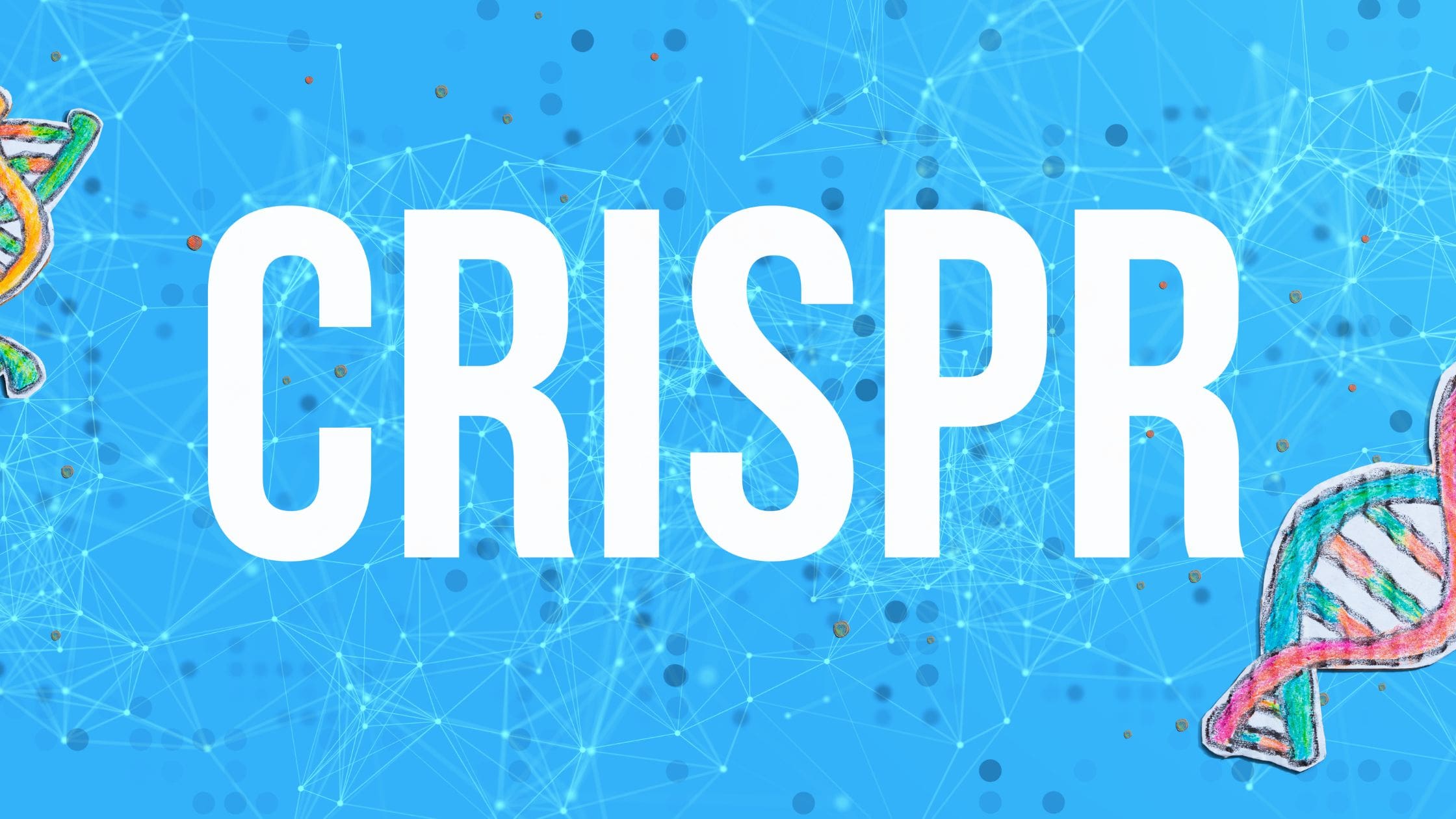Many people have come up with smart business ideas, but a strong idea alone does not guarantee success. To transform a vision into reality, entrepreneurs must acquire funding.
While there are many different ways to go about doing so, getting a loan is among the most common. The problem is, not everyone qualifies for a traditional loan. Even if they do, they might not feel comfortable accepting a large sum during the initial stages of their business’ growth.
That’s why it’s also important to consider the benefits that microlending can offer. They include the following:
Expanding Access
Lending firms evaluate an applicant’s credit history before determining whether to approve a loan. Unfortunately, this can prevent many people from pursuing their business goals.
There are numerous reasons why someone may have weak or no credit, and they don’t always mean the person is incapable of managing their finances responsibly. Many budding entrepreneurs with less-than-impressive credit deserve an opportunity to show they can take advantage of a business loan to generate real value.
This is one of the main benefits of microloans. Although every case is different, microlenders are typically more willing to work with people whose credit needs improvement. That means people who might have otherwise abandoned their dreams of starting a business due to their financial history can instead access the capital they need to get started.

Efficiency
Acting fast is often key to success in business. In our fast-paced times, industries seem to be undergoing constant changes. Entrepreneurs need to keep up to ensure their businesses thrive.
In many cases, microloans tend to be approved (and the funds provided to the applicant) far more quickly than other traditional business loans. This, of course, makes it easier for entrepreneurs to begin pursuing their goals sooner rather than later, keeping up with the rapidly changing business landscape.
Serving the Underserved
Many people don’t have easy access to numerous financial services, and as a result, they have fewer opportunities to build their credit.
The unbanked and underbanked often find it difficult to secure funding for their business ideas. Without a strong credit history, they struggle to convince lenders they can be trusted to use a loan intelligently and frugally. This is particularly unfortunate because many of these people reside in developing areas that are in dire need of economic stimulation. If they had the financial freedom to grow their businesses, they could provide others in their region with employment opportunities, eventually boosting the local economy. That’s less likely to happen when they don’t have the capital they need to get started.
Although microloans can be provided to any entrepreneur, they are often most helpful to entrepreneurs in developing parts of the world, as they allow the underserved to make a difference in their own way.
Encouraging Safe Entrepreneurship
Starting a business always involves some degree of risk. Often, entrepreneurs are using someone else’s capital during the business’ initial stages, hoping they are able to generate consistent revenue before they run out of money. They could find themselves in serious debt if they don’t achieve their goals.
This discourages many would-be entrepreneurs, as they may feel they can’t justify the risks involved in taking out a major business loan.
However, as the name implies, microlending involves providing entrepreneurs with smaller amounts of money. This reduces the amount of risk a lendee must take on. Naturally, many first-time entrepreneurs are more comfortable with this arrangement.
Microlending also gives young entrepreneurs the opportunity to learn and experiment. While it is important that business owners strive to make all the right financial decisions during the early stages of growth, the truth is, many young business owners don’t start out with all the skills they need to succeed in the long run. They must learn how to be successful business owners through a period of trial-and-error. When entrepreneurs start out with a relatively small loan, the errors they make will be less likely to have major financial consequences. They will then have the freedom to learn from their mistakes without the burden of excessive stress. Microlending is, of course, not the only means through which business owners can (and should) pursue funding. All entrepreneurs must carefully evaluate their options when determining how to secure starting capital. However, as these points indicate, there are many instances in which applying for a microloan may be the ideal choice.




